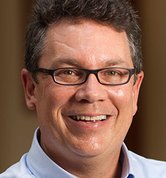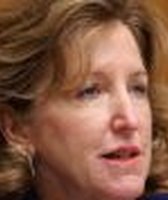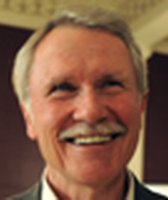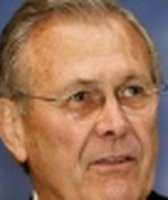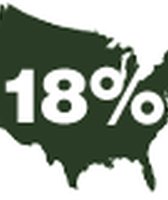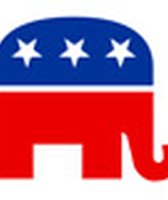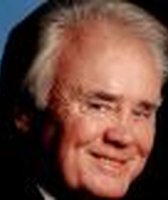Get PolitiFact in your inbox.
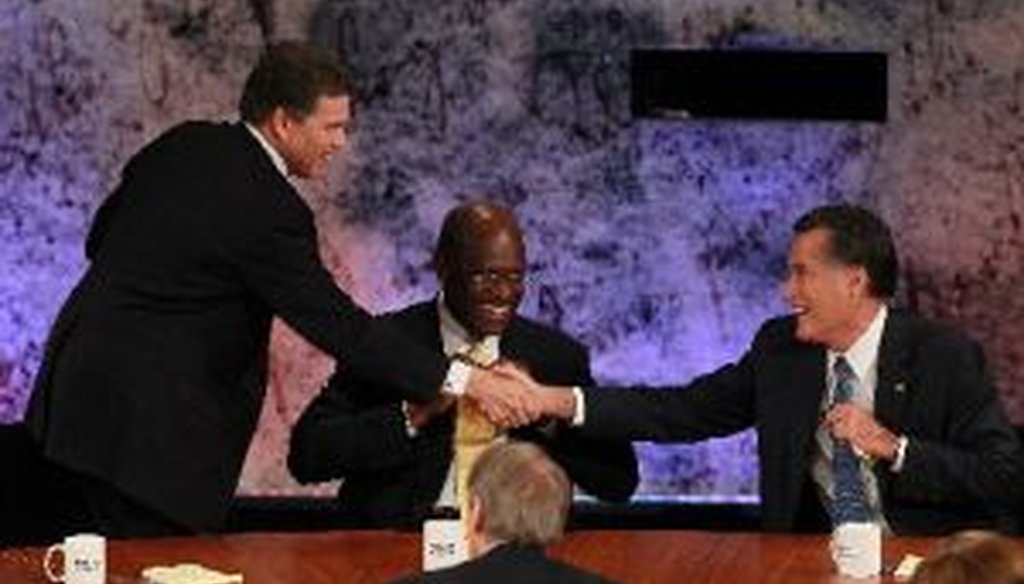
As Herman Cain looks on, Rick Perry and Mitt Romney shake hands at the conclusion of the Republican Presidential debate at Dartmouth College in Hanover, N.H.
Last updated Oct. 12, 2011, 12:36 a.m.
The economy was the main topic at the Republican presidential debate at Dartmouth College.
The debate began with several candidates agreeing on a big cause of the economic crisis: the government.
Mitt Romney said that in the early 1960s, all levels of government were "consuming about 27 percent of the U.S. economy," a number that has risen to 37 percent today. With that trendline, "we cease at some point to be a free economy." He close to right on the percentages. But the U.S. economy is still considered free by conservative groups that create measures of economic freedom. We rated Romney's statement Mostly False.
Rep. Michele Bachmann put the blame on federal requirements about mortgages. We checked similar claims about the financial crisis in 2008 when Sen. John McCain blamed the crisis on Fannie Mae and Freddie Mac. We rated those claims Half True.
Bachmann also said that "15 political appointees will make all the major health care decisions for over 300 million Americans." The appointees she's talking about will look for ways to reduce costs for Medicare, the government health insurance program for people over age 65. We rated her statement False.
Former Utah Gov. Jon Huntsman said, "I created a flat tax in the state of Utah. It took that state to the No. 1 position in terms of job creation." He created a flatter tax -- not a pure flat tax -- and Utah did experience job growth. But it wasn't No. 1, and the causation was questionable. We rated his statement Half True.
Texas Gov. Rick Perry said he switched from the Democratic Party to the Republican Party at younger age than Reagan did. We've rated that True.
Bachmann, to make her point that the government spends too much, said the U.S. borrows 40 cents for every dollar it takes in. We've rated that True.
Huntsman said that when he was governor of Utah, the state was no. 1 for job creation. We checked that claim and found there are two sets of statistics you can rely on. We rated his claim Half True.
As in other debates, there was discussion of health care too. Romney challenged Perry, saying, "We have less than 1 percent of our kids that are uninsured. You have a million kids uninsured in Texas." We've rated that Mostly True.
In defense of the Massachusetts health care law, Romney said that the state's citizens support it 3-to-1. We've rated that True.
We also checked Herman Cain, who said, in response to questions about his 9-9-9 tax plan, that "every worker pays 15.3 percent payroll tax." The majority of workers only pay about half that amount. We've rated it Mostly False.
Our Sources
See Truth-O-Meter items.
